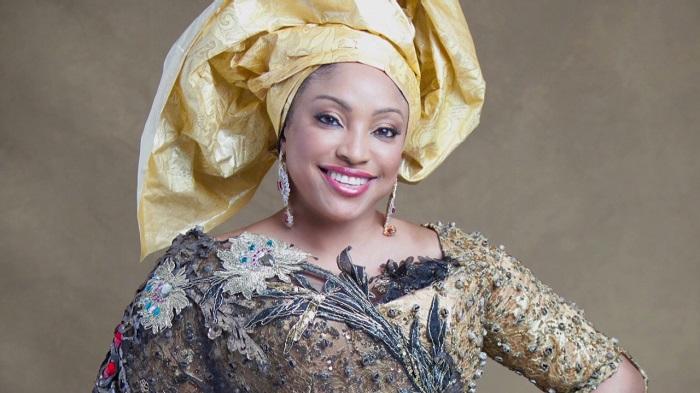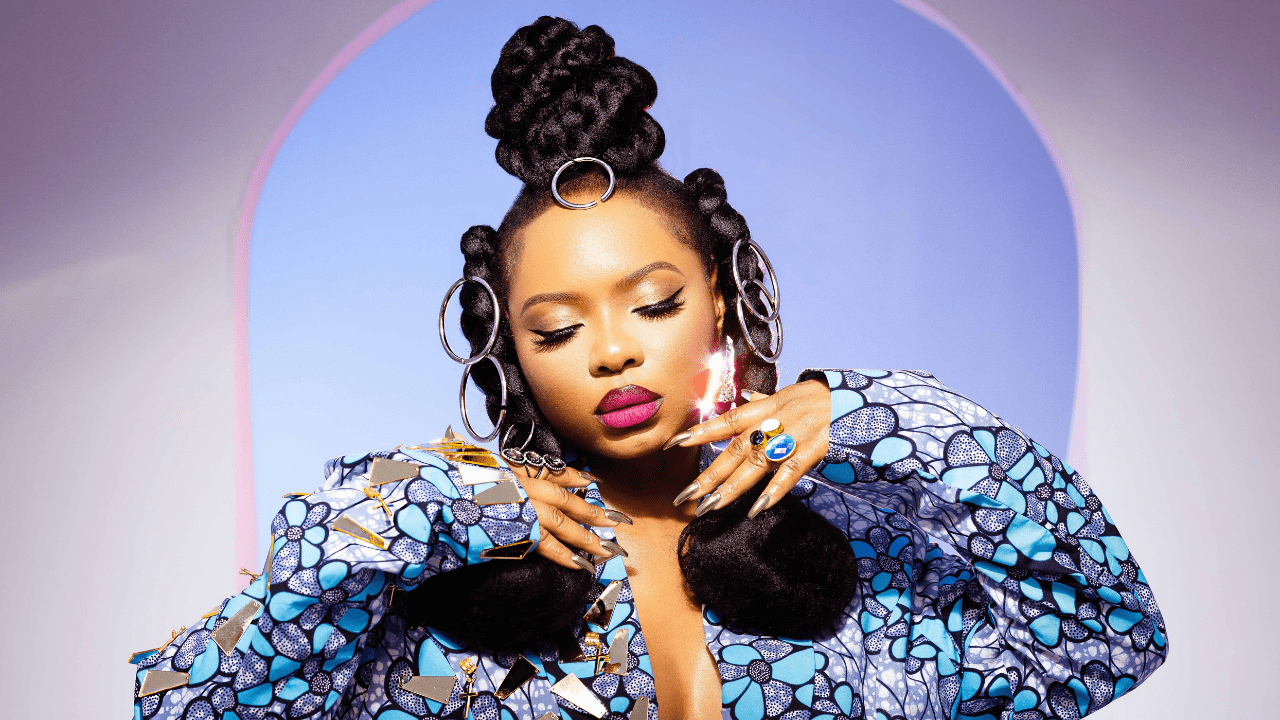Explore Our Bill Payment Services:

- Biography
- Nigeria
Fifi Ekanem Ejindu: Biography, Net Worth And Business Career
When people talk about powerful women shaping Nigeria’s modern business and cultural landscape, Princess Fifi Ekanem Ejindu’s name shines brightly. She is not just a billionaire entrepreneur and architect — she’s a creative force who built her empire by blending beauty, heritage, and business acumen. Her journey from royal roots in Calabar to global recognition in architecture, fashion, and philanthropy tells a story of elegance, intellect, and unrelenting ambition.
Royal Heritage and Early Life
Fifi Ekanem Ejindu was born Offiong Ekanem Ejindu in Ibadan, Nigeria, into a family steeped in history, royalty, and education. She is the great-granddaughter of King James Ekpo Bassey, a revered Efik monarch of Cobham Town in Calabar. This royal heritage explains her formal title — “Princess Fifi” — and her deep sense of cultural pride and responsibility.
Her father, Professor Sylvester Joseph Una, was a respected scholar who studied abroad and contributed to Nigeria’s academic development. Her mother, Obonganwan Ekpa Una, was equally well-educated and cultured. Growing up in such an environment instilled in Fifi a respect for excellence, refinement, and global exposure.
She attended primary school in Ibadan before moving to Lagos, where she studied at Queens College, Yaba — one of Nigeria’s elite girls’ schools. Even at a young age, she stood out for her creativity and curiosity about how design, culture, and the environment could blend to create something beautiful.
Her decision to study architecture abroad marked a turning point in her life — one that would later redefine what it means to be a female entrepreneur in Nigeria.
Education and Academic Journey
Fifi Ejindu’s academic journey took her across continents and institutions known for their architectural excellence. She studied at Pratt Institute in Brooklyn, New York, where she made history as the first Black African woman to earn a Bachelor of Architecture (B.Arch.) degree from the university in 1983.
Her time at Pratt exposed her to diverse architectural philosophies and cutting-edge design technologies. But she wasn’t done learning. She went on to take advanced studies at the Massachusetts Institute of Technology (MIT) and also at the University of North Carolina, Charlotte, before returning to Pratt for her Master’s in Urban Planning.
Her academic years were about more than design — they were about learning how architecture can serve as a cultural statement, how space and structure can tell stories, and how creativity can meet commercial demand.
Building an Empire: The Starcrest Group
In 1995, Fifi founded what would become the crown jewel of her entrepreneurial legacy — The Starcrest Group of Companies. The company began as a real estate and architecture firm but quickly evolved into a diversified conglomerate with arms in construction, oil and gas, and project management.
The Starcrest Group consists of:
-
Starcrest Investments Ltd
-
Starcrest Associates Ltd
-
Starcrest Industries Ltd
From the start, Fifi positioned Starcrest not just as a business but as a symbol of excellence. The company’s philosophy was clear: “We don’t just build houses — we design experiences that last.”
Her firm became known for executing high-profile projects for governments, corporations, and diplomatic missions. One of the most notable examples is the design of the Spanish Ambassador’s residence in Maitama, Abuja, which displayed the blend of luxury, function, and cultural identity that defines her work.
Through Starcrest, Fifi expanded into oil and gas, infrastructure, and investment sectors — proving she wasn’t content to remain in one lane. Her company became synonymous with integrity, professionalism, and timeless design.
She also established Building Support Systems, a complementary company that provides design support and technical expertise for major construction projects.
Championing African Culture: Fashion, Art, and Empowerment
While Fifi is best known as an architect and business magnate, her passion for culture and youth empowerment led her to create the African Arts and Fashion Initiative in 2013.
This initiative aims to promote African creativity — giving fashion designers, artists, and cultural entrepreneurs a platform to showcase their work internationally. Through it, she has helped connect young African talents to investors, media platforms, and global audiences.
Her approach is holistic: she believes architecture, art, and fashion are not separate fields but complementary languages that express Africa’s story. She once described her mission as “redesigning how the world sees Africa — one structure, one outfit, one idea at a time.”
Roles, Awards, and Recognition
Over the years, Fifi Ejindu has served on several boards and national committees — especially those related to heritage, urban planning, and foreign investment. She has worked closely with the Akwa Ibom State government to attract foreign investors and serves as a member of the National Heritage Council.
Her global recognition extends far beyond Nigeria. She is also a Grand Patron of the Icons Club in Dubai, symbolizing her influence in international circles.
Some of her major awards and honors include:
-
Lifetime Achievement Award in Arts & Fashion (African Achievers Awards, 2013)
-
African Female Economic Champion Award
-
Top 20 Women of Influence in Africa
-
Nigerian Golden Book Professional Icon Award
These accolades speak to her multi-dimensional influence — spanning architecture, fashion, entrepreneurship, and philanthropy.
The Mystery of Her Net Worth
Fifi Ejindu’s exact net worth remains one of Nigeria’s most discussed topics. Like many high-net-worth individuals in the country, her wealth isn’t publicly audited or fully documented.
However, several credible reports have estimated her net worth at around $850 million, largely drawn from her vast real estate holdings, architectural projects, oil and gas ventures, and international investments.
Still, it’s important to understand that this figure is an estimate, not an official number. Her wealth is rooted in tangible assets — luxury properties, company equity, and strategic investments — rather than public share listings.
Regardless of the figure, what is clear is that Fifi Ejindu is among Nigeria’s wealthiest and most influential women, commanding both business and cultural respect at home and abroad.
Challenges and Triumphs
Fifi’s rise hasn’t been without challenges. The Nigerian business environment is known for its volatility, bureaucracy, and economic fluctuations. The construction and real estate sectors, in particular, are vulnerable to policy inconsistencies, foreign exchange instability, and high project costs.
As a female architect and business leader in a male-dominated industry, she’s had to prove her competence repeatedly. Yet, her poise, creativity, and professionalism have earned her a seat at the table — and sometimes, she’s built the table herself.
Her major strengths include:
-
A rare blend of royal heritage and global exposure.
-
A unique architectural style that marries traditional African elements with contemporary design.
-
A diversified portfolio spanning multiple industries.
-
A deep commitment to cultural promotion and youth empowerment.
Her challenges — such as managing large-scale financing, ensuring corporate governance, and maintaining brand reputation — have only sharpened her leadership.
Present Status and Future Outlook
Today, Fifi Ejindu continues to lead the Starcrest Group, expanding its reach across Africa and beyond. She remains a vocal advocate for women in business, youth empowerment, and African cultural pride.
Her focus now includes developing larger real estate projects, building mixed-use urban communities, and bridging architecture with art, hospitality, and education.
She is also rumored to be planning an institution dedicated to training young architects and designers, passing on her experience to the next generation.
As Nigeria pushes toward modernization, figures like Fifi Ejindu remind the world that business success doesn’t have to come at the expense of identity and creativity.
Conclusion
Princess Fifi Ekanem Ejindu represents the modern African woman — elegant, powerful, intelligent, and grounded in heritage. Her story cuts across architecture, business, fashion, and philanthropy, proving that creativity and commerce can coexist beautifully.
From Calabar’s royal roots to Pratt’s architecture studios and the boardrooms of Abuja and Dubai, Fifi’s journey is one of courage and grace. Whether her wealth is counted in millions or billions, her true legacy is measured in inspiration — the inspiration to dream, build, and redefine what it means to be African and successful.









